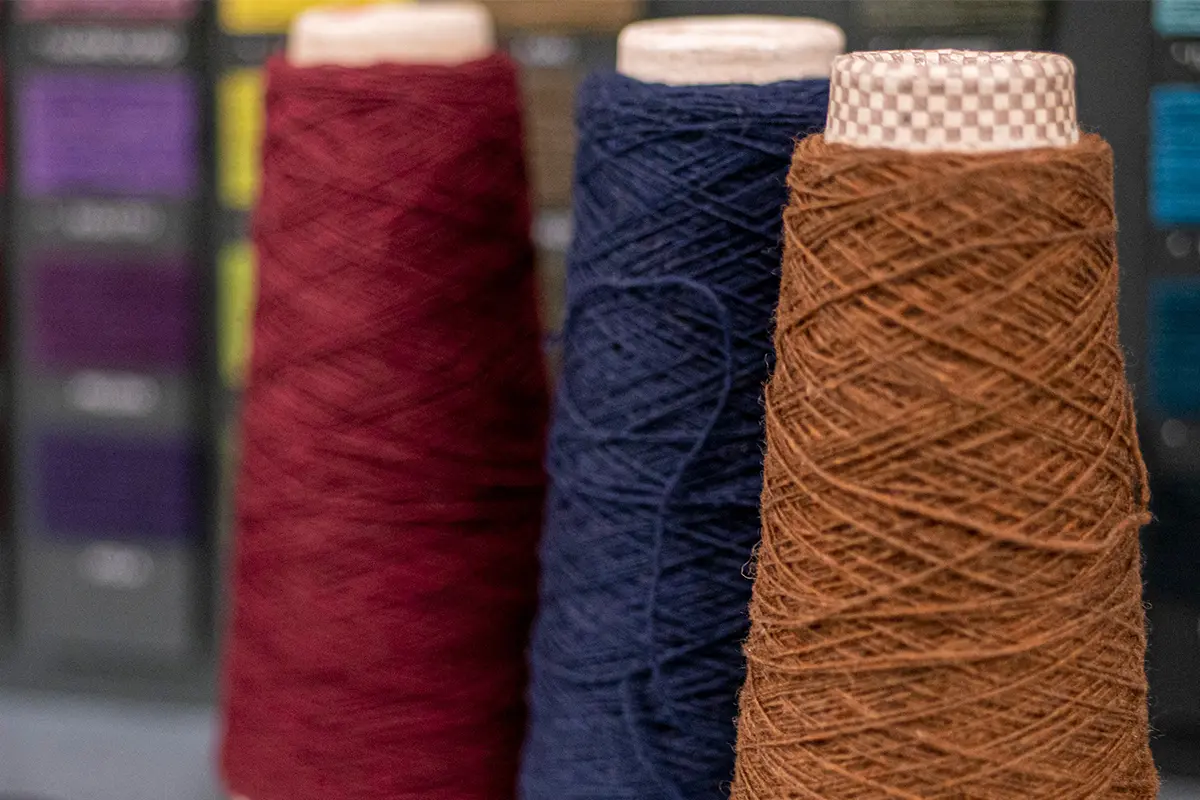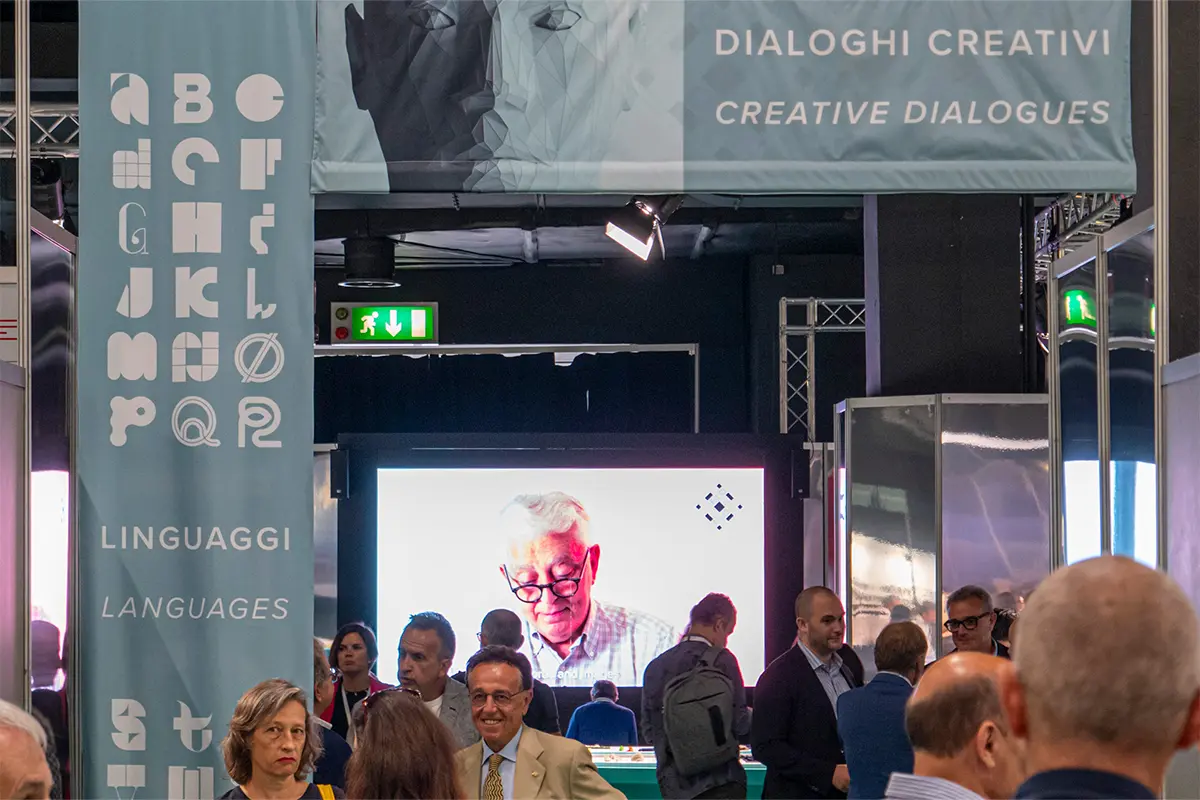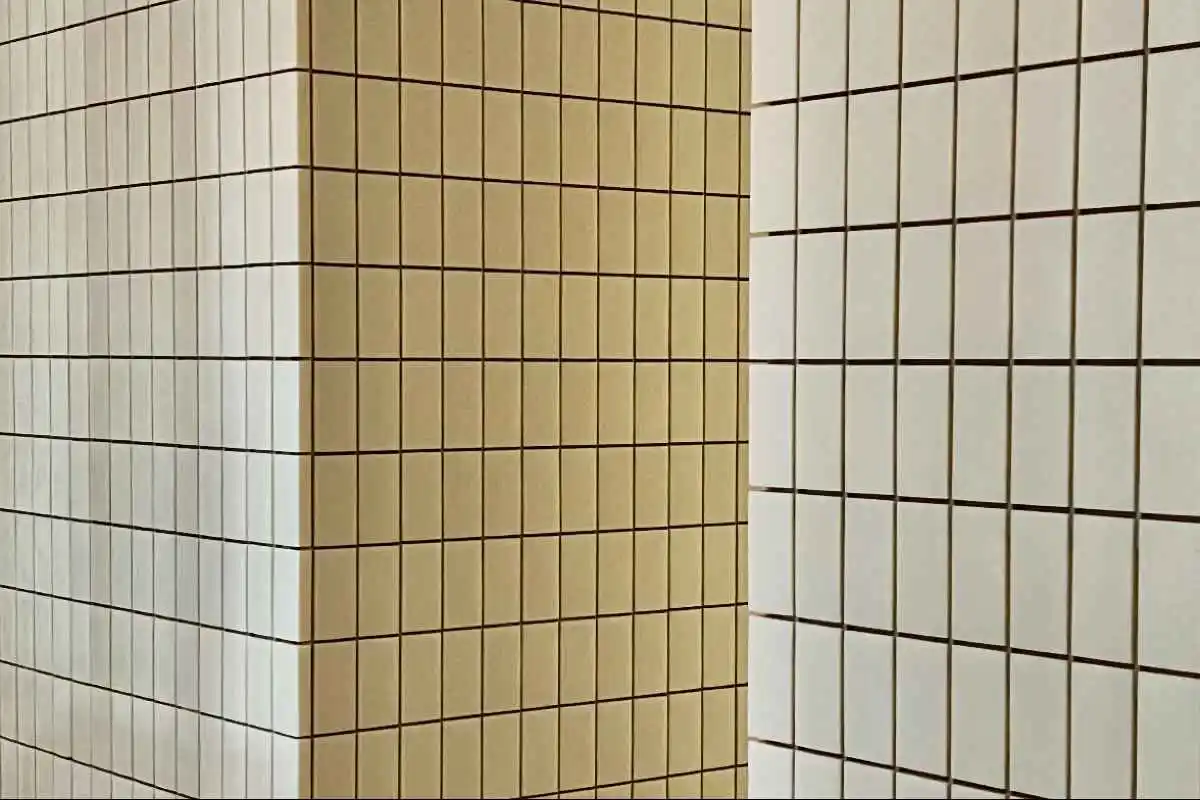For the 59th edition of the event, with its ‘Imaginary geographies’, FILO proposes textile themes focused on product research in a creative dialogue with its exhibitors
FILO – International Yarns Exhibition
According to a report by research firm Global Industry Analysts – the global market for spun yarn – estimated at 52 million tons in 2020, is expected to grow to 59.3 million tons by 2026. Researching and investing in producing new yarns and blends, FILO 2022 exhibitors can propose new solutions or highlight the theme of sustainability; making the first steps of the fashion production more environmentally friendly, as the market requires.
For its fifty-ninth edition in February 2023, Filo will focus on the topic of circular economy. The participation of companies involved in the reuse of raw materials will characterize the upcoming event and will be the target of the yearly creative dialogues.
In conversation with Paolo Monfermoso: debate about manufacture
As Paolo Monfermoso, General Manager of FILO, explains, in the textile world the supply chain is composed of many steps. «A trade fair like FILO is a b2b event made for technicians and designers». And continues, «FILO must interpret a platform, not just a crossroads of supply and demand. FILO is a moment of confrontation, not only about fabrics and fashion, but also about manufacturing».
Hence the choice to give technical talks to present topics for the textile industry through the reports of first-rate speakers. The formula, tested for years, closes with a moment of debate and sharing with the audience. «As a fair, we’re transforming into a platform for work, knowledge, interchange, and research. We have the opportunity to interact with the media and younger generations to open a debate while pushing for innovation».
The EU circular economy action plan as an inspiration for FILO
The opening to dye houses and fiber producers allowed FILO to offer a vision of the supply chain to visitors and exhibitors, and developments in the search for innovative yarns. Dyeing is in fact one of those industries that in the past years has made progress when it comes to energy efficiency and sustainability in Italy and in Europe.
In March 2020, the European Commission adopted a new circular economy action plan, which includes an EU strategy for textiles, aimed at stimulating innovation and boosting reuse within the sector. In February 2021, the Parliament adopted a resolution on the new circular economy action plan demanding additional measures to achieve a carbon-neutral, environmentally sustainable, toxic-free and fully circular economy by 2050, including tighter recycling rules and binding targets for materials use and consumption by 2030.
«There are laws and regulatory agencies controlling emissions and drains. This encourages the market to reason in a certain way, to invest in sustainable approaches and innovation», explains Mr. Monfermoso. Moreover, certain aspects of a more sustainable approach that can be seen as constraints can instead become strength points. As when it comes to natural dyes: «natural dyes are not consistent. Every garment might have different shades and color, but this can make that item unique», states Mr. Monfermoso.
Natural fibers: FILO’s focus on wool, flax and linen
Fibers like wool, flax and linen have been the protagonists of FILO 2022, in the consideration that sustainability and traceability of products can be obtained only from a supply chain perspective. Furthermore, they underline, the increase in awareness of the damage caused by synthetic materials on the environment has led to the rehabilitation of natural materials.
For FILO 2022 February edition, two natural fibers have been under the spotlight. Particularly wool and linen. «We asked fiber representatives to tell us about their experience with research and innovation. What they forecast the market will focus on in the upcoming months», Mr. Monfermoso explained. From Australian merino wool, 100% made of natural fibers, to flax and line, whose traceability is guaranteed by European Flax® and Masters of Linen®. The presence of such exhibitors involved in sustainability offered visitors and buyers the opportunity to learn more about the versatility and characteristics of these fibers.
IWTA, National Wool Trade Association was also present at the 57th edition of FILO, representing part of the Italian and foreign operators of the trade in textile raw materials in Italy. This in order to promote clarity and transparency of the various protocols and standards and adopted by the various brands, intervening in the various institutional bodies, where decisions are taken. And also, to verify the criteria adopted when allocating the various degrees of sustainability.
FILO’s sustainable area: the promotion of natural fibers
Talking about sustainability, FILO, along with other players in the yarns and textile fair industry, designed a sustainable area where all the environment-friendly options available have been collected. «At FILO, we are not a certifying body. We cannot only select companies that just claim to be sustainable» explains Mr. Monfermoso. «We dedicated a side area of the event to promote and valorize companies following this type of path».
Inside the fair there was also the presence of organizations for the promotion of natural fibers, and of some leading groups in the production of man-made fibers, along with dye houses and fiber producers.
«Last year we ideated a survey of fifty-two questions to classify exhibitor companies. The number of participants had grown up to sixty percent of exhibitors, proving the interest in this approach in the field. We are aware that at this stage, sustainability is more of a cost. But it is what makes a product different from another. Not just a marketing strategy».
What to expect: FILO, September 2022 edition
In the yarns’ sector, innovation is a leitmotif that guides the market and the production processes, as Mr. Monfermoso states: «with FILO we interpret market needs, encouraging product development, offering stimuli for reasoning that brands and producers can apply and reinterpret».
FILO 58 focused on the Creative Dialogues. As Gianni Bologna underlined, «We dedicated this edition to language and communication. That is to that mega phenomenon that is no longer just a means of transmission but is already in large part, and increasingly will become, the substitute for what we once called ‘reality’ and also what we called ‘identity’».
From the ones that were defined as ‘tendencies’ in the fashion sector, four themes were identified, which «revolved around these identities, more or less ‘conditioned’ by communication. Four expressive languages of the self that can characterize types of consumption and self-representation were identified: turalness, connection, body consciousness and physical well-being, the need for abstraction.».
C.L.A.S.S. at FILO’s 57th edition
FILO 2022 also saw the participation of players active in the field of responsible innovation, such as C.L.A.S.S. (Creativity Lifestyle and Sustainable Synergy), the international eco-hub founded by Giusy Bettoni and based in Milan.
Since 2007 C.L.A.S.S. focuses on ethics, traceability and transparency in the supply chain. Making selections of certified fabrics, yarns and fibers, it also considers alternative sourcing to promote circular economy in the fashion system, offering consultancy to companies that want to improve innovation.
At FILO 2022, C.L.A.S.S. proposed a sharing arena dedicated to responsible innovation together with partners selected for fibers, yarns and threads that were the key to create responsible products and collections.
In addition to C.L.A.S.S., FILO organized short talks, led by technicians and experts in the sector, created for tackling sustainability and material’s regeneration. The themes were discussed by entrepreneurs, such as Trussardi, representatives of organizations committed to promoting natural fibers, such as Woolmark, Celc, European Confederation of Flax and Hemp and Associazione Commercio Laniero. But also managers and technicians from companies specialized in man-made fibers’ sustainable innovations.
FILO, Milan
An international yarns and fibers b2b fair, FILO takes place in Milan twice a year. The event aims to highlight the field of yarns and products from Italian and worldwide companies. Not only offering the opportunity for buyers and exhibitors to meet, tackling topics like sustainability and innovation.
Now in its 59th edition, during the years the event evolved into a business platform. More than a fair, is has become a point of reference for the yarn industry, as the result of research and innovation, produced with an eye on ethical production.




















